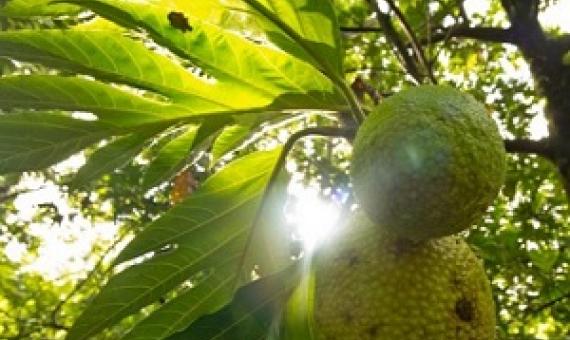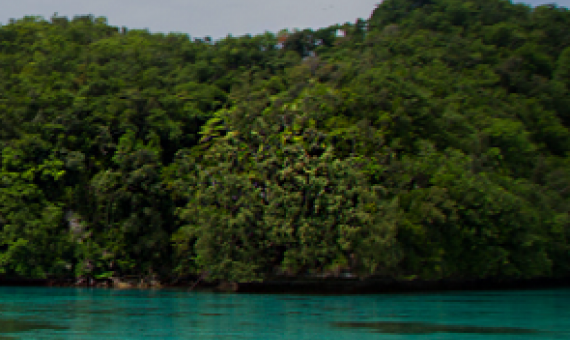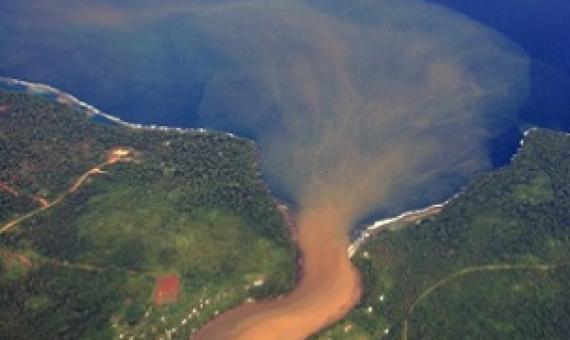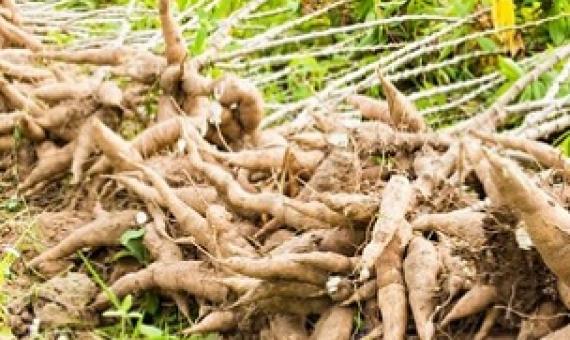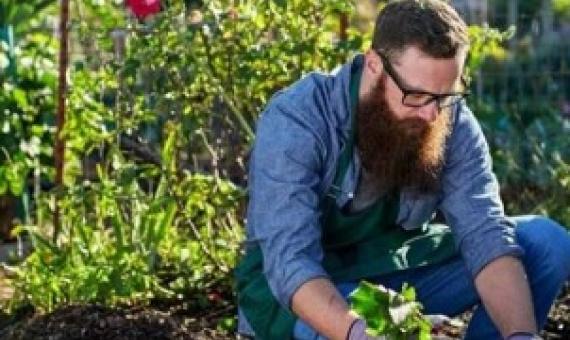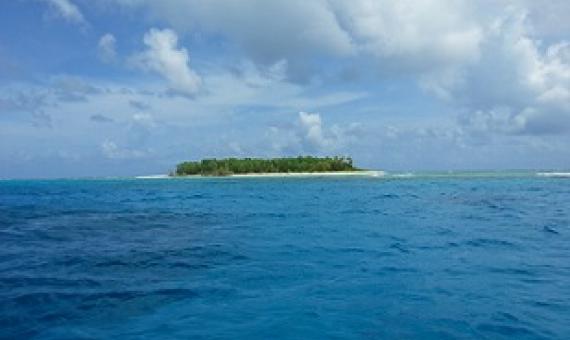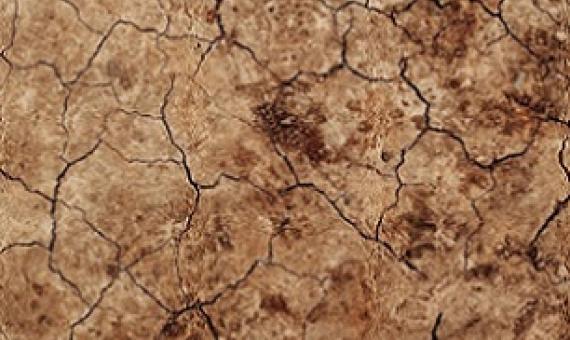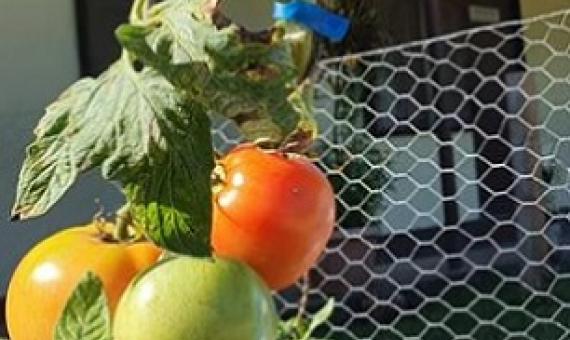A fruit used for centuries in countries around the world is getting the nutritional thumbs-up from a team of British Columbia researchers.
A policy briefing for the Third National Environmental Symposium (NES) brought together senatorial and presidential candidates, conservationists, and media representatives to discuss food, economic, and energy security in Palau...Issues which were echoed by many of the candidates were the shortag
New findings uncovered by researchers at the Wildlife Conservation Society (WCS) and the University of Queensland (UQ) demonstrate that logging activity in Solomon Islands is associated with lower coral cover and structural complexity on adjacent reefs, as well as lower abundance of many types of
Delegations from Pacific Islands actively participated in the first two days of technical discussions, showing their concerns about the challenges and impacts of the COVID-19 pandemic and other pressing issues...FAO also intends to support SIDS, LDCs and LLDCs countries under the recently launche
The Consequences of COVID‑19 and Other Disasters for Wildlife and Biodiversity
We review the economic channels by which the COVID-19 pandemic and subsequent policy responses may affect wildlife and biodiversity. The pandemic is put in the context of more than 5,000 disease outbreaks, natural disasters, recessions and armed conflicts in a sample of 21 high biodiversity countries. The most salient feature of the pandemic is its creation of multiple income shocks to rural and coastal households in biodiverse countries, correlated across sectors of activities and spatially. Various research and policy opportunities and challenges are explored.
A genetic scientist and tropical root and tuber crops expert says the Covid-19 pandemic is an opportunity for Pacific countries to return to traditional food sources...Dr Lebot said the pandemic had shown the limits of international trade and globalisation and he felt there was an urgent need for
Since lockdown, public interest in growing fruit and vegetables at home has soared...Fear of food shortages will have motivated some, but others with more time on their hands at home will have been tempted by the chance to relieve stress doing a wholesome family activity...While urbanization is r
The previous blog in this series looked at how much Pacific governments were spending in response to COVID-19.
Soil loss due to water runoff could increase greatly around the world over the next 50 years due to climate change and intensive land cultivation.
Pacific households are being surveyed to find out how food security is being affected by the pandemic. The World Food Programme (WFP) is contacting people by phone in Fiji, Samoa and Tonga and plans to expand the survey to other countries.

